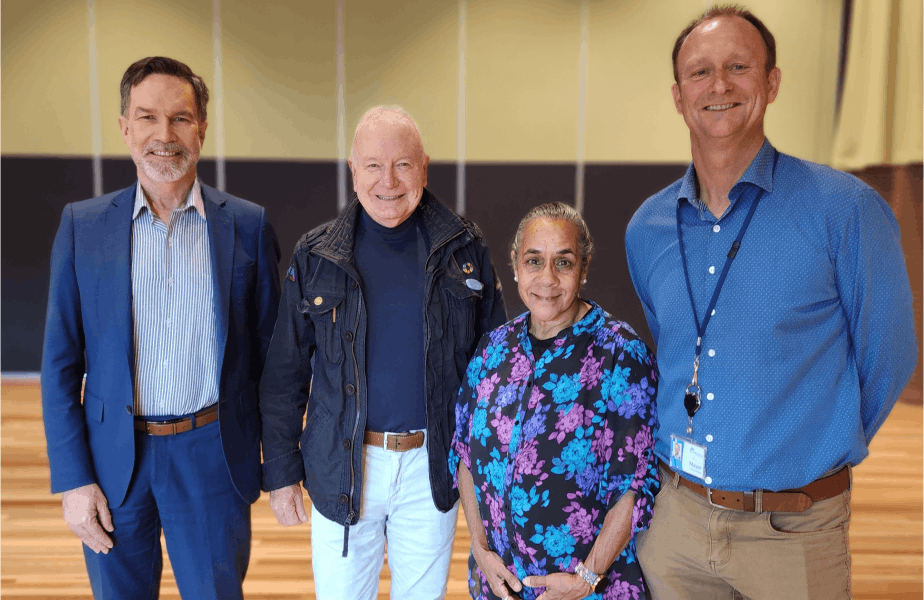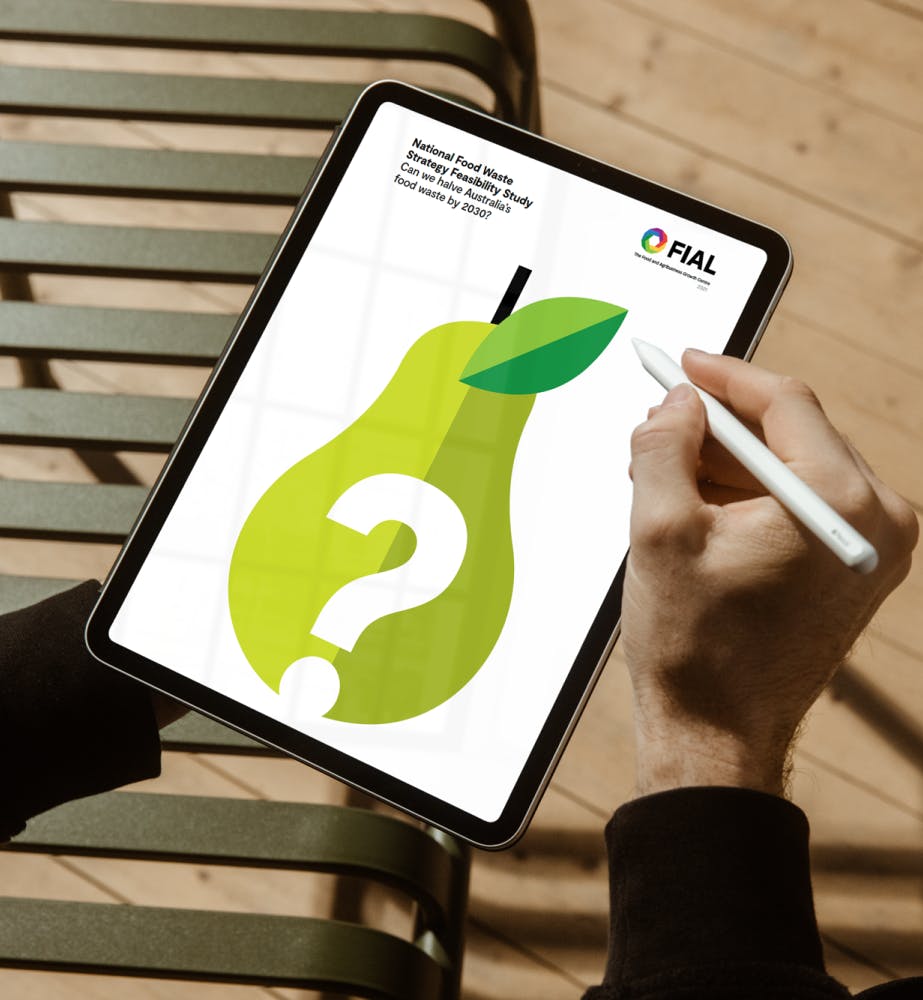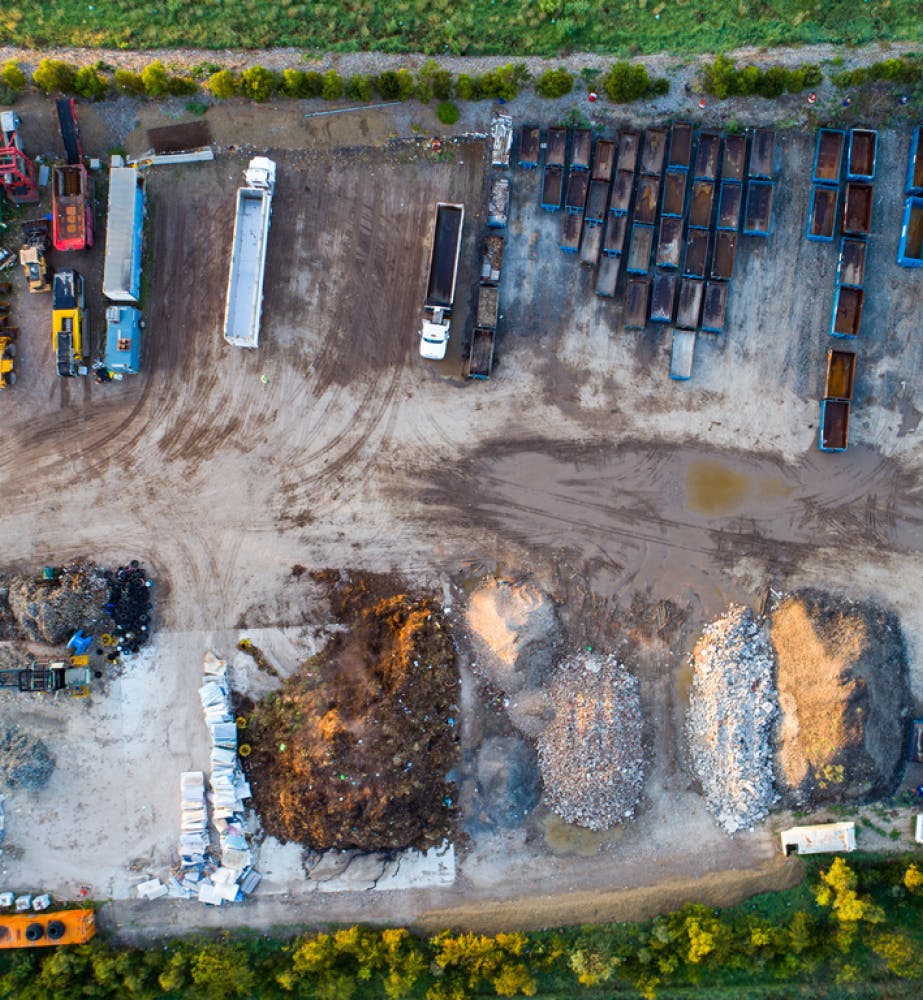
Illawarra Shoalhaven Joint Organisation (ISJO) Circular Economy Journey
A Circular Economy Strategy for ISJO
ISJO engaged Edge to identify circular economy opportunities and maximise resource value within the local economy.
The Challenge
We appreciate that building a successful regional circular economy is multi-faceted. It relies on government and industry partners to work collaboratively.The ISJO was seeking to investigate regional waste flows and supply chains to identify potential markets and diversion alternatives for resources currently going to landfill. This Circular Economy Investigation is Stage One of Two, with Stage Two facilitating the implementation of identified opportunities.
The ISJO engaged Edge Impact to provide Circular Economy services to identify local, viable market opportunities and to maximise/retain the value gained from resources by recirculating them within the local economy.
Key Deliverables
Stakeholder Engagement
Material and Waste Flow Analysis
Cost-Benefit Analysis and Identifying Opportunities
Strategy Development
The Approach
The project is designed to establish ISJO as leaders in the transition of regions to a circular economy while achieving the regions’ strategic objectives.
Edge Impact’s proposed solution drew on a combination of research, analysis, stakeholder engagement and best practice case studies to understand and identify feasible opportunities to improve circularity in the region:
- Data analysis and stakeholder engagement to quantify material and waste flows
- Research and assessment of the most feasible and attractive options
- Engaging with internal and external stakeholders to develop solutions
- Understanding the costs, benefits and trade-offs of circular economy opportunities
- Industry engagement and strategy development
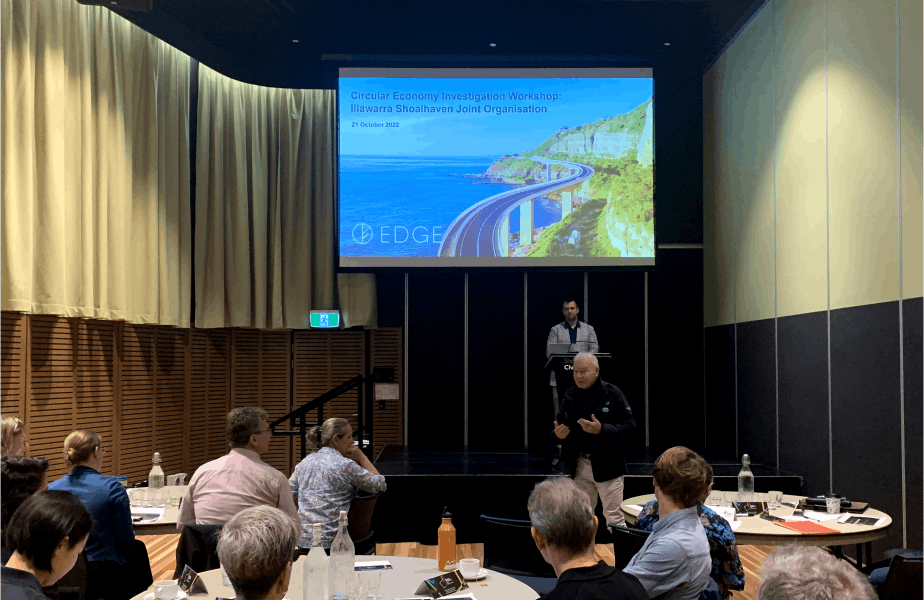
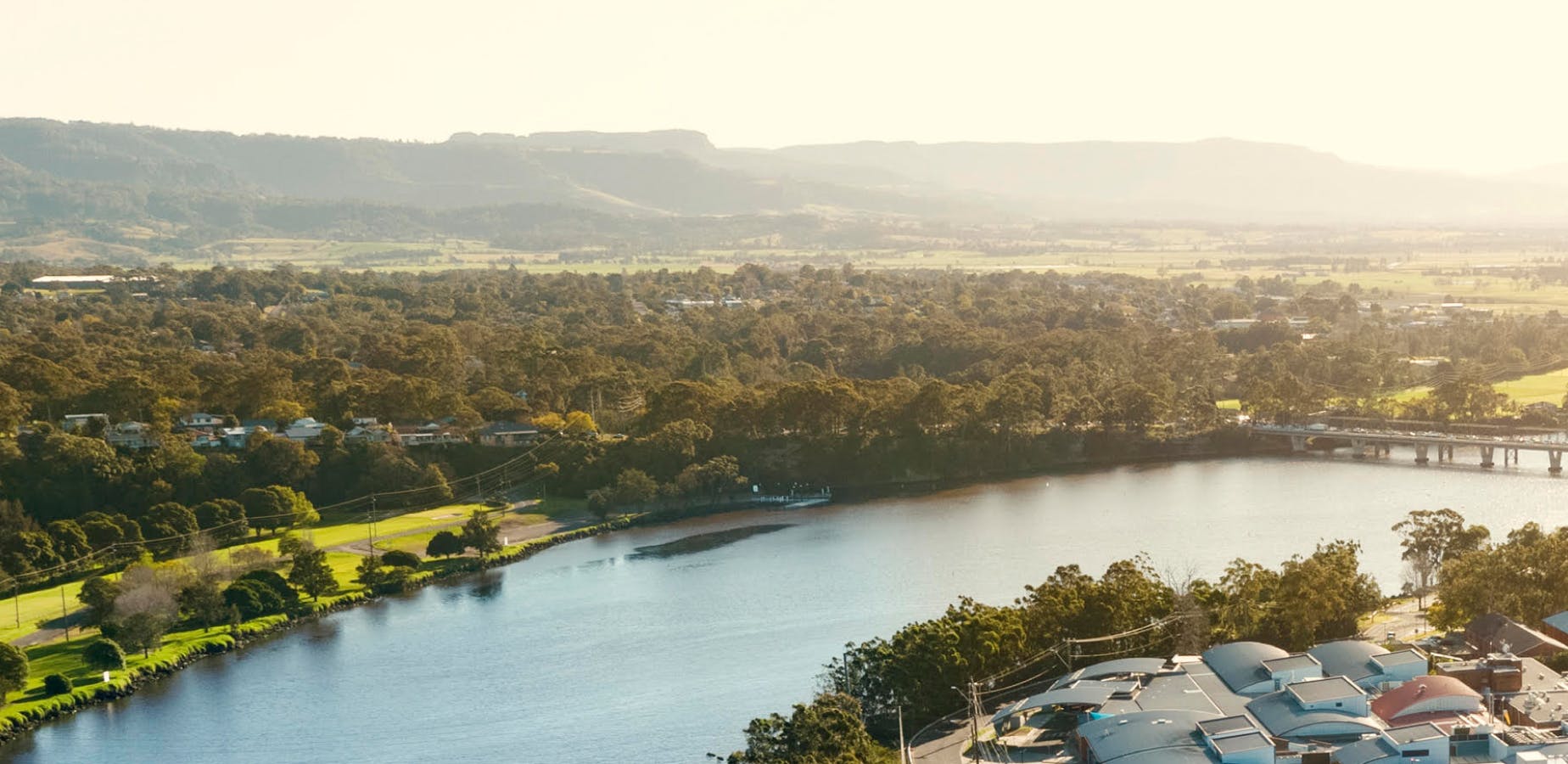
The Result
The study provided ISJO with a range of initiatives to enable, expand and elevate a circular economy for the region. These initiatives present an opportunity to collectively recirculate 37,000 tonnes of materials per annum with key materials including: Food organics from small-to-medium enterprises , e-products, textiles, soft plastics, timber and garden organics.
Three clear opportunities with high feasibility were identified to bring at least $2 million in net present value, an $10 million in avoided waste management costs to region, and 5,000 tCO2-eq carbon savings per annum.
Overall, the work highlighted natural opportunities for the Illawarra Shoalhaven region to position itself as a circular economy leader drawing on existing capability and capacity of stakeholders.
